Sustainability Stealing the Spotlight: Impactful Stories from the Trucking World
Happy Cinco de Mayo Before we hop into the news, we’d like to extend our heartfelt gratitude to all our dedicated drivers and staff for their unwavering commitment and hard work. Your tireless efforts keep the wheels turning, and we couldn’t be more thankful for your incredible contributions. We wish you a safe and festive Cinco de Mayo, filled with happiness and memorable moments. Now, onto the news! Innovation and Sustainability Take the Wheel This week was packed with some pretty exciting developments. From AJR Trucking’s significant investment in hydrogen fuel cell trucks to the controversial DRIVE Act, and Tesla’s Semi electric truck reveal at the Run on Less event, the industry is witnessing remarkable innovations and sustainable initiatives. As California aggressively pushes for clean trucks, concerns over the feasibility and infrastructure necessary for such a transformation arise. Stay tuned as we delve into these stories and more, offering insights into the future of the trucking industry. AJR Purchases Fleet of 50 Hydrogen Fuel Cell Trucks AJR Trucking, a top carrier for the United States Postal Service (USPS) and a significant drayage carrier in the Ports of Los Angeles and Long Beach, has announced a purchase order for 50 Nikola Tre hydrogen fuel cell electric vehicle (FCEV) trucks. Deliveries are anticipated between Q4 2023 and Q1 2024, showcasing the company’s commitment to sustainable and eco-friendly transport solutions. These zero-emission vehicles are expected to meet AJR Trucking’s range, performance, and cost targets, transforming the future of the trucking industry. Incentives and Fueling Solutions AJR Trucking is working with Nikola and Tom’s Truck Centers, a Nikola Corporation sales and service dealer, to secure voucher applications for the Hybrid and Zero-Emission Truck and Bus Voucher Incentive Project (HVIP) program. The program offers $270,000 per FCEV in point-of-sale incentives, with an additional $40,000 in federal tax credits from the Inflation Reduction Act. Additionally, AJR Trucking and Nikola are exploring opportunities to deploy Nikola’s 10,000 psi (700 bar) mobile fueling solution at AJR Trucking properties in California to provide convenient fueling for the FCEVs. Zero-Emission Freight Solutions AJR Trucking has been a USPS mail hauler for over 30 years and is a leader in the deployment of cutting-edge truck technology and alternative fuel vehicles. They have pioneered compressed natural gas (CNG) trucks for USPS and placed the largest order for Class 8 battery-electric vehicles from Kenworth. AJR Trucking is now focused on FCEVs as the next step forward, with zero tailpipe emissions, long-range capabilities, and fast fueling times, allowing them to work with customers to support carbon reduction targets. About AJR Trucking Headquartered in Compton, CA, AJR Trucking is a freight transportation provider with over 500 trucks operating nationwide. They have provided mail hauling services for USPS for over 30 years, becoming one of the ten largest USPS mail haulers. AJR Trucking is dedicated to a green, sustainable fleet and business model, operating over 115 CNG trucks in their operations. For more information, visit www.ajrtrucking.com. 🔗 Read the full article here. Oklahoma Defend Against Speed Limiters Oklahoma lawmaker, Republican Josh Brecheen, introduced a new bill known as the Deregulating Restrictions on Interstate Vehicles and Eighteen-Wheelers (DRIVE) Act in the U.S. House. This new bill aims to prevent the Federal Motor Carrier Safety Administration (FMCSA) from implementing a controversial rule requiring vehicles over 26,000 pounds involved in interstate commerce to have a speed limiting device set to a maximum speed. Brecheen argues that this proposed rule would harm both the agricultural and trucking industries, as it would encompass livestock trailer/truck combos and grain trucks. The Safety Debate The DRIVE Act has garnered support from the Owner-Operator Independent Drivers Association (OOIDA), the National Association of Small Trucking Companies, Western States Trucking Association, and several other organizations. They argue that interactions among vehicles traveling 10 mph below the posted speed limit are 227% higher, leading to more crashes. However, the American Trucking Associations (ATA) has a different perspective, suggesting that the U.S. Department of Transportation conduct a recurring five-year review of speed governing regulations to ensure consistency with current technologies. 🔗 Read the full article here! Tesla Truck Truth To Be Revealed Tesla Inc.’s Semi, a Class 8 electric truck claimed to revolutionize the trucking industry, is set to participate in this year’s Run on Less event. PepsiCo has confirmed it will enter at least one of the Tesla Semis it operates, providing the industry with a unique opportunity to gain insights and learnings from their experience. The electric truck will be pushed to its limits, operating with a maximum payload and covering up to 500 miles round trip during the event. Run on Less to Reveal Performance Data As a part of Run on Less, an event showcasing advances in freight efficiency, independent performance data will be posted on the event’s website, giving the trucking industry a closer look at Tesla Semi’s capabilities. Tesla has previously only provided minimal information about the Semi, and this event is expected to generate buzz, with Tesla being a new entrant in the trucking sector and having already disrupted the auto industry. In addition to Tesla, electric trucks from other brands such as Nikola, Freightliner, and Volvo will also participate in the event. 🔗 Read more here! California’s Ambitious Clean Truck Push California’s state government is aggressively pursuing a transition to clean trucks, with the California Air Resources Board (CARB) banning the sale of diesel-powered trucks by 2036. Large companies and government fleets will start purchasing zero-emission trucks in 2023, with the goal of achieving 100% electric fleets in California by 2035, 2040, or 2045, depending on the vehicle size and type. These regulations aim to generate $26.5 billion in public health benefits, but industry insiders argue that the necessary infrastructure and technology are not yet in place for such a shift. Concerns Over Feasibility and Infrastructure Trucking executives, including the American Trucking Associations’ (ATA) president, Chris Spear, argue that California’s goals are unrealistic and will lead to higher prices for goods and services with fewer options for consumers. The…


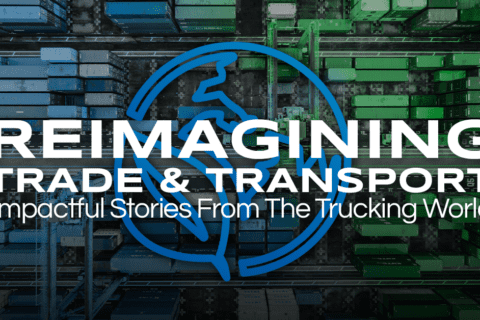
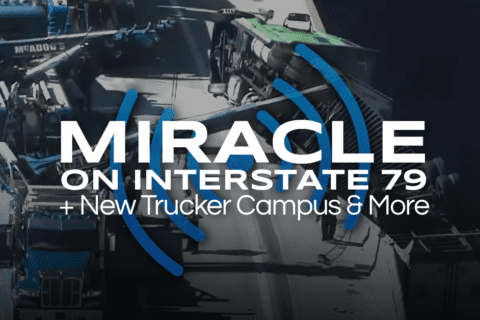
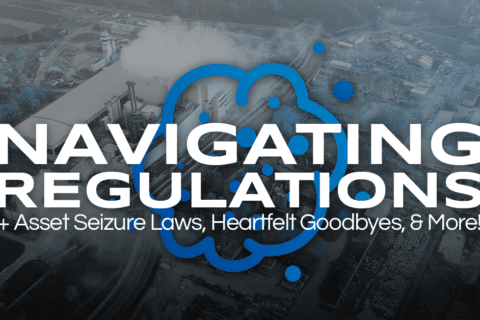
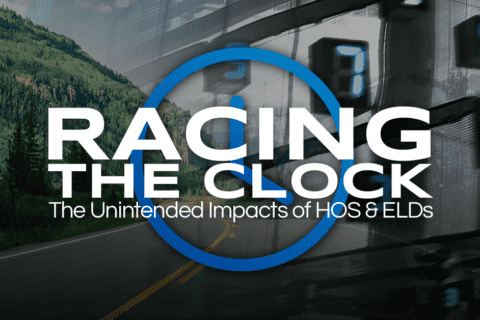
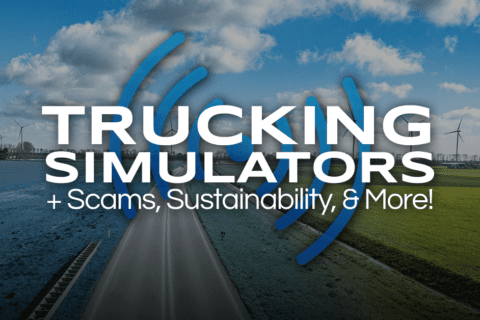


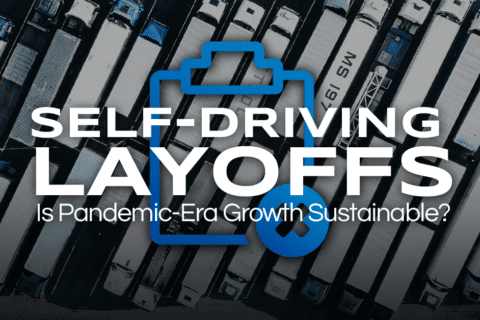

Recent Comments